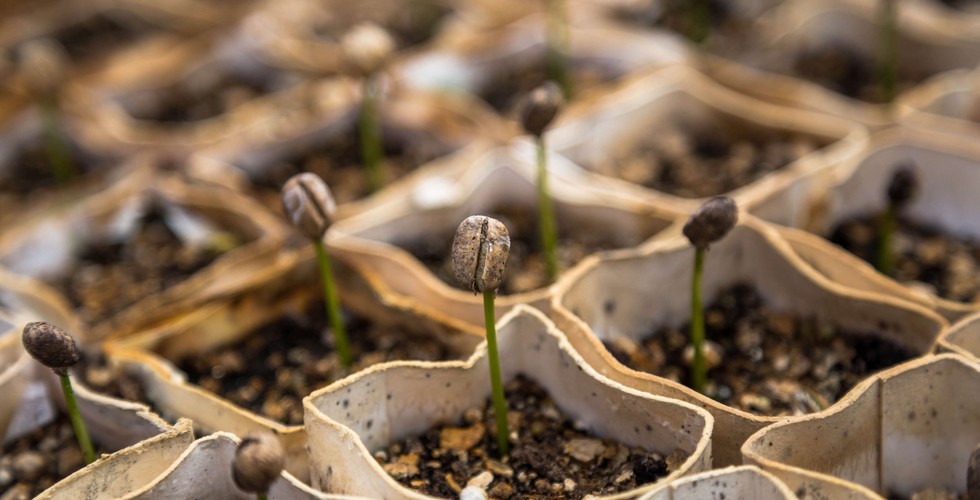Coffee is a weather-sensitive culture. Climate change is affecting the process of growing it. Will this drink remain available to the consumer in the future?
Demand for Coffee
Coffee is an essential attribute of modern life and one of the most exported crops in developing countries. The world consumes 166 million 60-kilogram bags of coffee annually. World production of coffee has more than tripled since the 1960s, and the coffee market continues to grow.
The region of growing coffee or the so-called “bean belt” unites about 70 countries. The largest producers are Brazil, Colombia, Ethiopia, and Indonesia. The industry employs more than 120 million people. The world trade is more than $19 billion.
Why Are Climate Risks Dangerous For The Coffee Industry?
The bulk of the world’s coffee producers are small farmers. Most of them consider coffee the primary source of income.
The coffee industry helps obtain employment to more than 10 million people only in Mexico and Central America. According to the Fairtrade report, many coffee communities found themselves in a difficult economic situation. Coffee workers in tropical countries are most vulnerable to heat stress. And the problem may get worse.
Alone, it is difficult for a farmer to adapt to a hotter and more unstable climate. This task must be addressed at the governments and research centers level but in constant collaboration with farmers who work on the ground.
What To Be Ready For?
The World Coffee Research Institute studies coffee varieties as part of preventive measures in preparation for climate change. The organization investigates the resistance of coffee varieties that can grow at higher temperatures without losing their flavor.
These problems can be solved by:
- developing research and increasing the diversity and sustainability of coffee crops;
- establishing direct communication with farmers and objectively assessing the situation on plantations.
Farmers who work with the product on the ground are practically not included in international professional communication. The only opportunity to share their vision of the situation is to speak at conferences attended by farmers, roasters, and importers.



